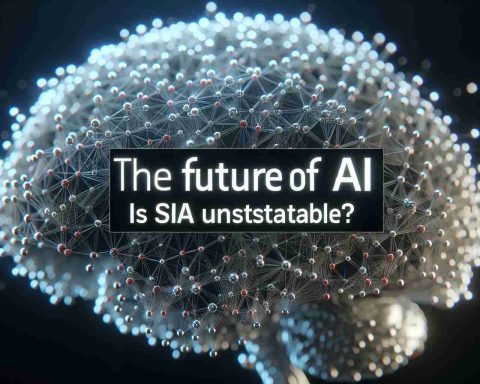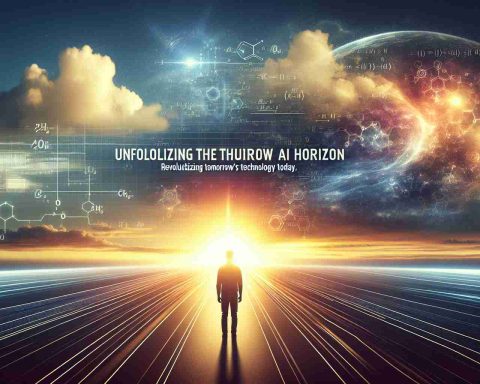A growing number of organizations are embracing innovative solutions driven by generative artificial intelligence technologies. According to recent findings, 39% of companies are already utilizing AI-based tools like ChatGPT, with an additional 21% planning to integrate such changes within the next year.
Embracing a technological revolution, a notable 17% of Polish businesses have outlined plans for a “technological revolution” in the next three years. However, it’s interesting to note that 15% of entrepreneurs are not considering incorporating AI elements into their daily operations. Additionally, 5% of firms have outright rejected these innovative advancements.
The analysis further reveals that executives at higher managerial levels, comprising 68%, are the most optimistic about leveraging artificial intelligence in the workplace. Similarly, middle-level managers and specialists exhibit positive attitudes, with one in six employees eager to implement AI elements in their work. Nevertheless, frontline workers demonstrate the most skepticism towards AI, with only 52% showing a favorable disposition towards this technology.
Challenges of costs and legal regulations emerge as significant barriers for organizations venturing into new technological territories. Among employers not adopting cutting-edge technologies, 36% attribute their decision to the high costs of investments. Concerns also revolve around privacy fears, legal regulations (32%), lack of necessary employee skills to effectively leverage AI (30%), employee resistance (27%), absence of suitable AI platforms or tools (22%), and defining areas for successful AI utilization (22).
The potential benefits of advanced technology implementations are perceived to have a positive impact on organizational structures, with a notable progress anticipated in various business development areas. Positive outcomes are also expected in mandatory employee training (69%), reskilling activities (68%), and onboarding processes (65%).
This study, conducted between April 1st and April 30th, 2024, involved over 40,000 employers across 42 global markets.
Unveiling New Realities of Artificial Intelligence Integration
As the integration of Artificial Intelligence (AI) in the workplace continues to evolve, new insights are surfacing that shed light on the dynamic landscape of technological adoption. While the previous article touched on the enthusiasm surrounding AI implementation, additional facets emerge when delving deeper into the topic.
The Importance of Ethical Considerations in AI
One crucial aspect that demands attention is the ethical implications of AI utilization in the workplace. Questions arise regarding the ethical responsibility of organizations when deploying AI systems that have the potential to influence decision-making processes. How can companies ensure that AI algorithms remain free from biases and uphold ethical standards? Addressing these ethical dilemmas becomes paramount in fostering trust and transparency in AI applications.
Impact on Job Market and Workforce Dynamics
A key concern looming over the rise of AI in the workplace is its impact on job displacements and workforce dynamics. What are the potential ramifications of automation on job roles and the future of work? While AI promises efficiency and productivity gains, there are apprehensions surrounding job redundancies and the need for upskilling or reskilling the workforce to adapt to the changing technological landscape.
Balancing Innovation with Data Privacy
Amid the rush towards AI integration, the issue of data privacy emerges as a contentious topic. How can organizations strike a balance between leveraging AI technologies for innovation while safeguarding sensitive data and maintaining consumer privacy? Data protection regulations and compliance with privacy laws present a significant challenge for businesses navigating the AI terrain.
Advantages and Disadvantages of AI in the Workplace
The advantages of AI in the workplace are manifold, ranging from enhanced efficiency and accuracy to empowering employees with valuable insights for decision-making. AI streamlines processes, automates routine tasks, and augments human capabilities, leading to improved operational outcomes. However, the reliance on AI also raises concerns about job displacement, algorithmic bias, and the ethical implications of machine-driven decision-making.
In conclusion, the integration of AI in the workplace marks a transformative shift in organizational operations, presenting both opportunities and challenges along the way. By addressing key questions, navigating ethical considerations, and proactively managing the impact on the workforce, businesses can harness the full potential of AI while mitigating risks and uncertainties.
For further exploration on this topic, you can visit Forbes for comprehensive coverage of AI advancements and workplace implications.

















